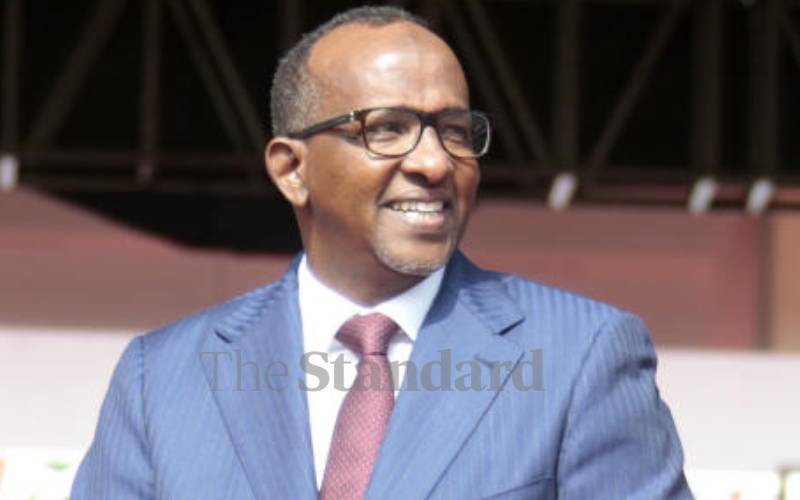×
The Standard e-Paper
Stay Informed, Even Offline

Public servants in President William Ruto’s government are not allowed to engage in politics.
And the president has made his wishes clear and often cautions them against partisan politics.